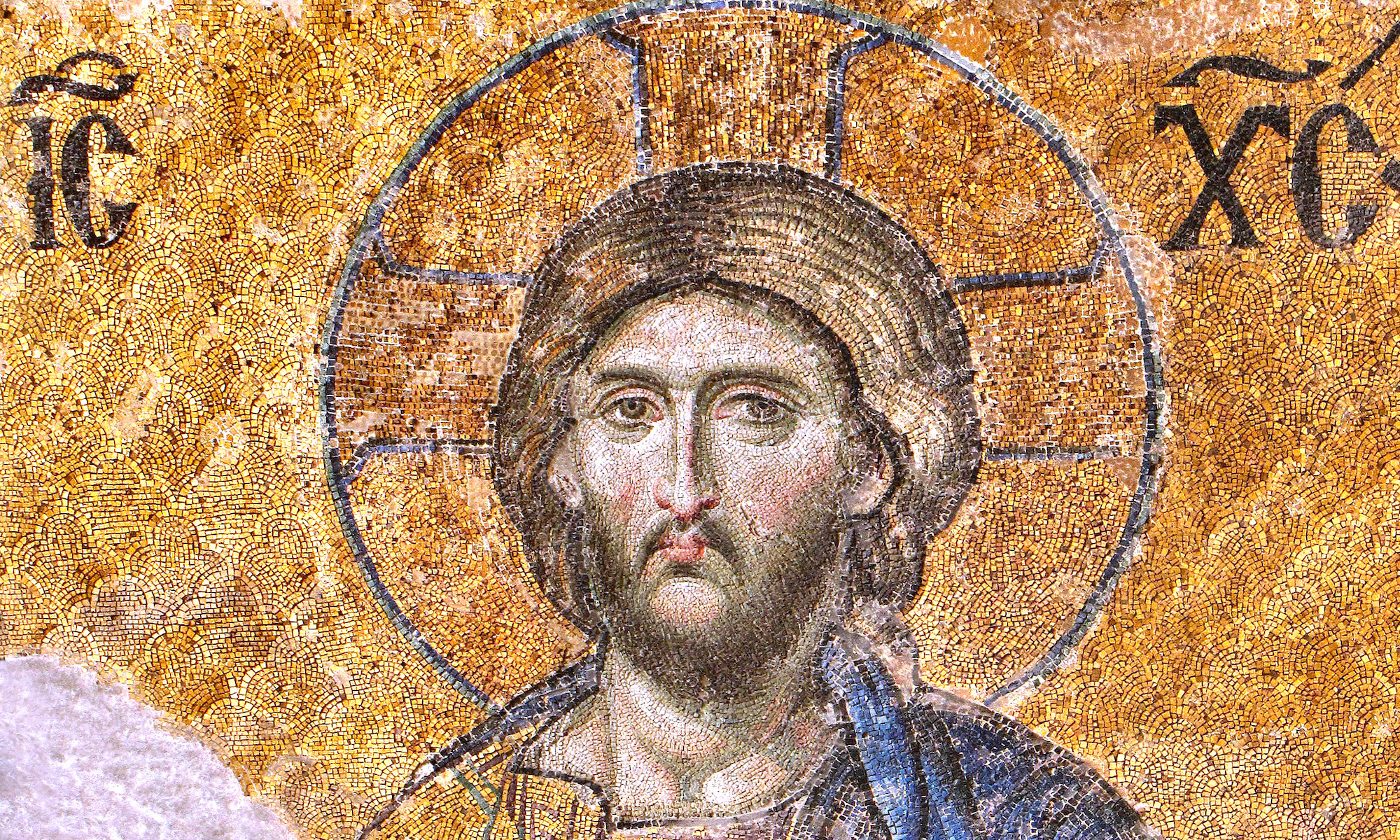Come and see.
Podcast: Play in new window | Download
Subscribe: RSS

St. John of Shanghai Orthodox Church
The English-language Orthodox Church in Vancouver, BC
We continue our preparation for Great Lent by considering the power of repentance, the importance of self-perception, and how we may repent with the prodigal son
Podcast: Play in new window | Download
Subscribe: RSS
We continue our preparation for Great Lent by examining the significance of prostrations and considering how we may prostrate ourselves with the Publican
Podcast: Play in new window | Download
Subscribe: RSS
We begin our preparation for Great Lent by considering how we can become children of Abraham with Zacchaeus
Podcast: Play in new window | Download
Subscribe: RSS